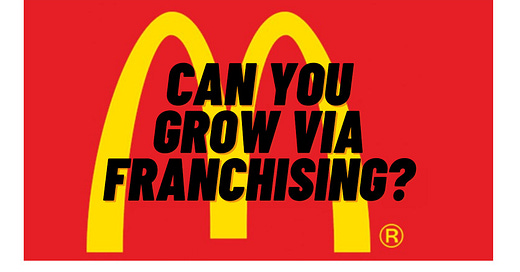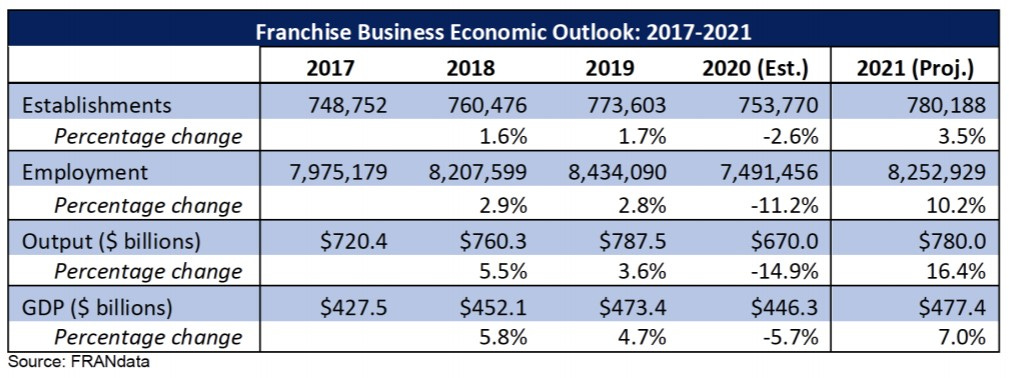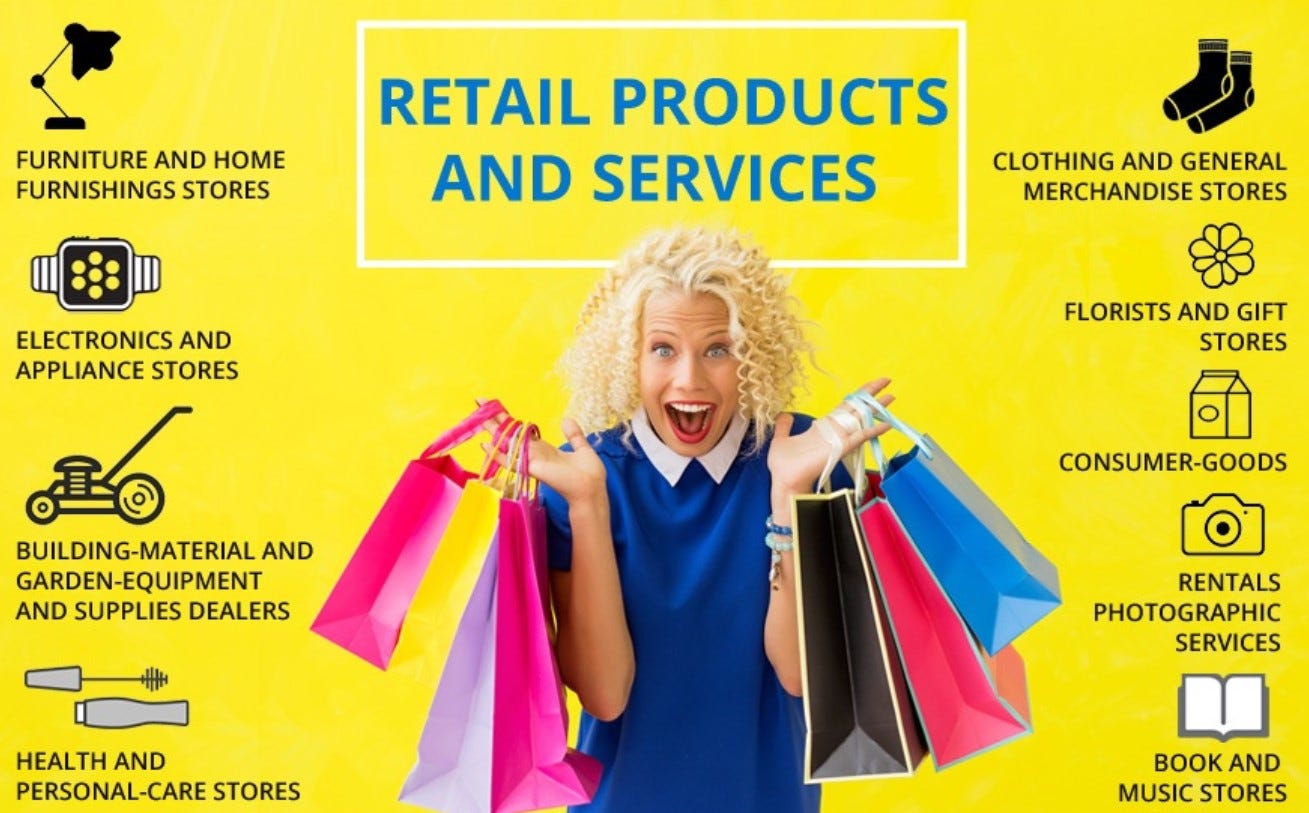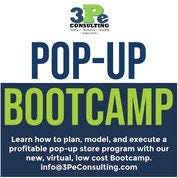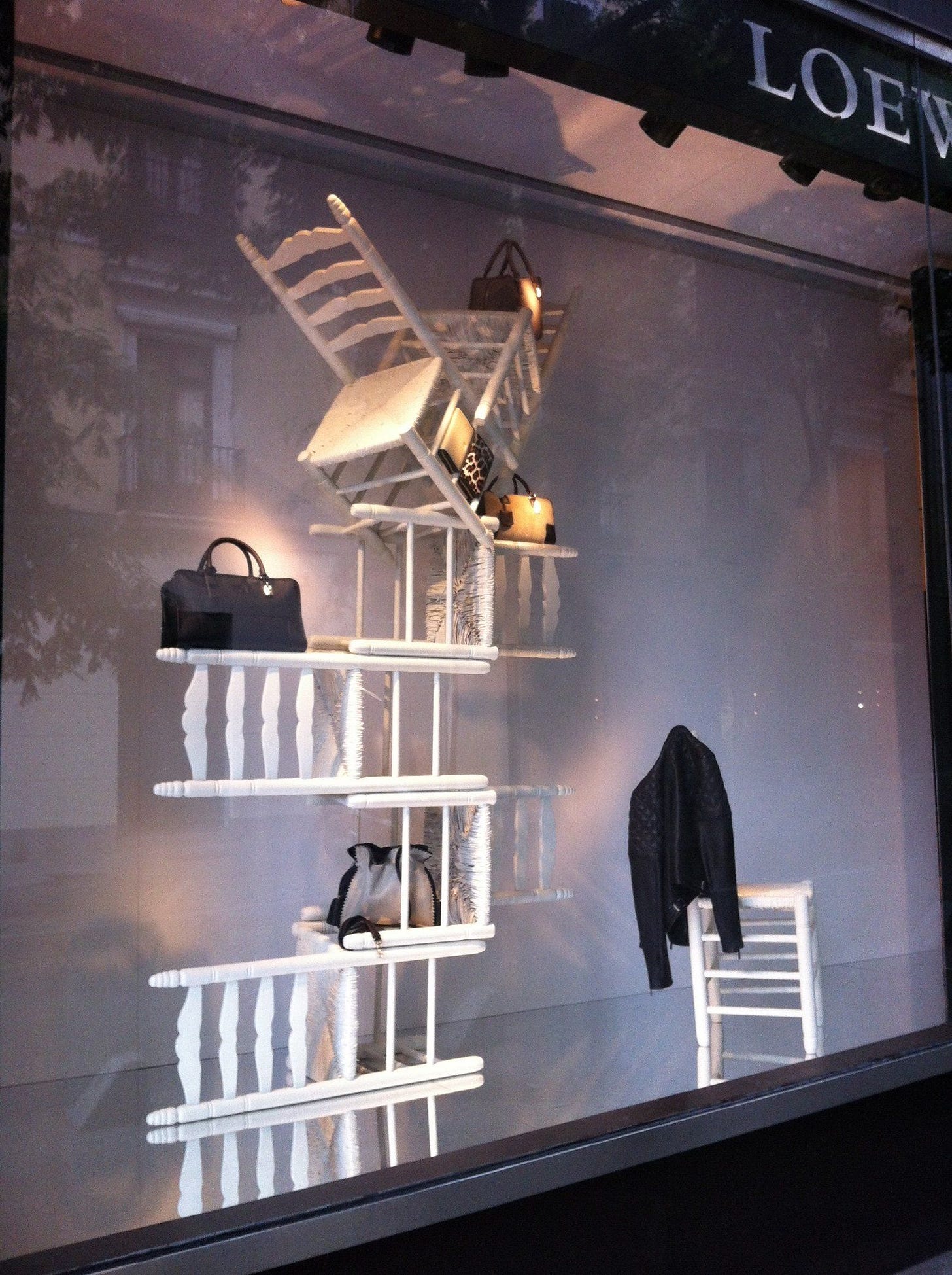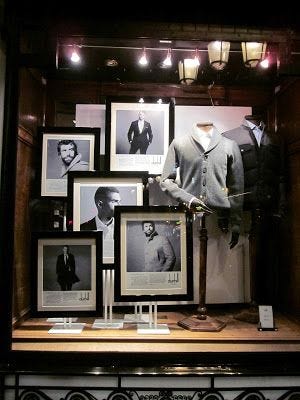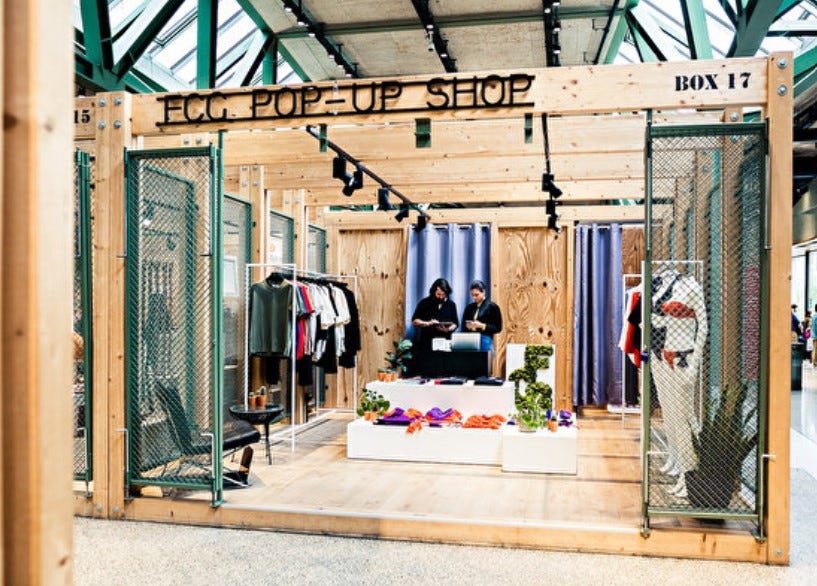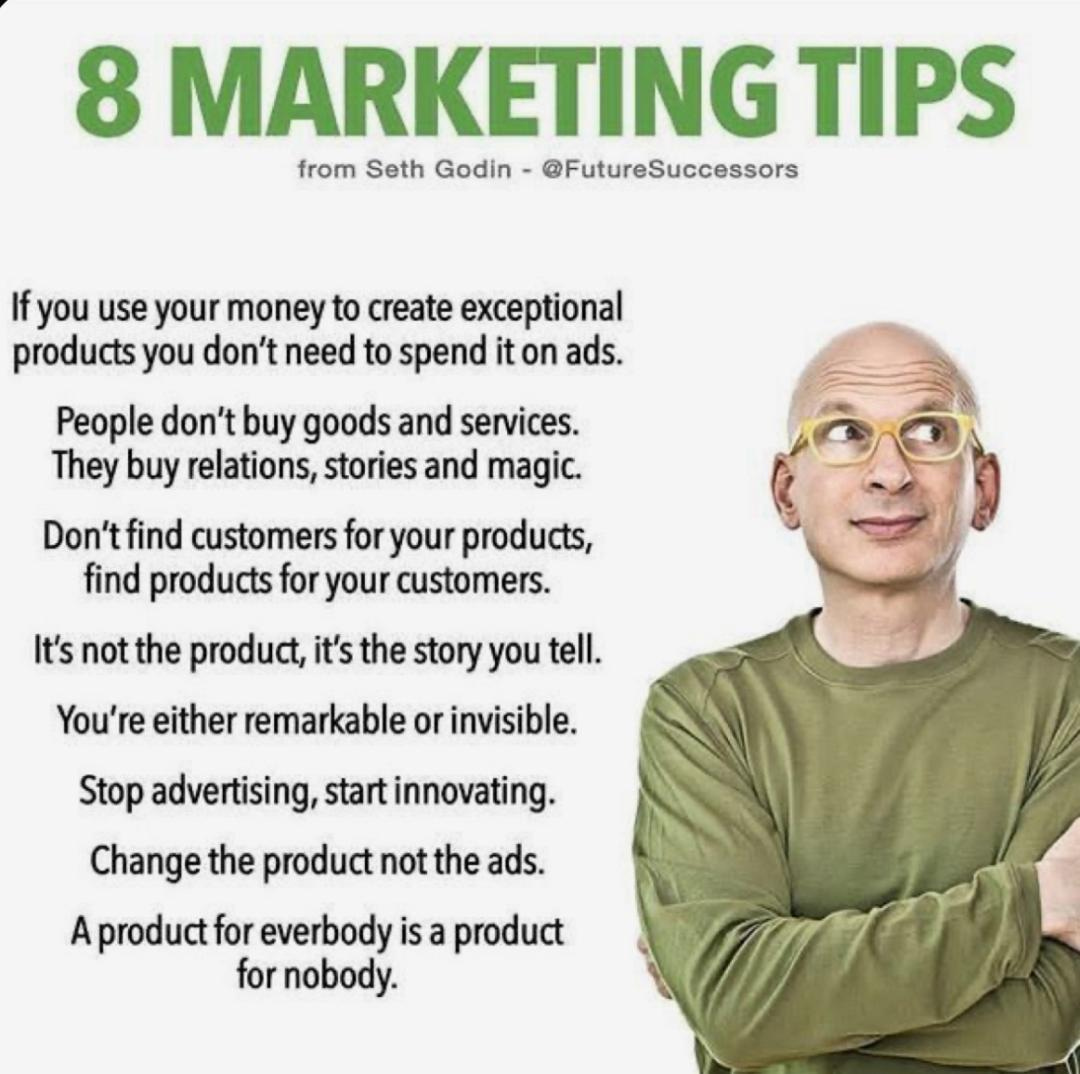Retailers: You Can Grow Using Other People's Money
Franchising offers many benefits, not the least of which is growth using "Other People's Money". Is franchising right for your business?
First and foremost, I want to thank all of you for your support since the launch of All Things Retail. We have grown our subscriber count steadily and what's even more gratifying is the anecdotal feedback you have provided saying how helpful our content has been for your business. That's exactly why I started the newsletter!
I want to share some exciting news. Beginning with the September 16th issue, I am adding a premium version of the All Things Retail newsletter. This allows me the opportunity to provide a ton of additional value for our paid subscribers. Here is what you can expect:
New All Things Retail issues mailed weekly.
Exclusive content in the premium editions.
Free tools and templates to help you better manage your retail business.
Access to our subscriber-only Facebook community, where we discuss and share best practices, issues, trends, and opportunities in the retail business.
Subscribers-only Q&A posts.
20% discount on our Virtual Pop-Up Bootcamp.
10% discount on basic coaching & advisory programs from 3Pe Consulting.
Exclusive 3rd Party offers from sponsors and supporters of All Things Retail.
Full access to All Things Retail content archive.
Subscribe today and get all of the above for only $10/month or $100/year.
While the free version of All Things Retail is certainly not going away, it will be published a less frequently. So, to keep up weekly with our news, research, trends, and actionable content, please consider subscribing to our premium version today.
Retail Growth Via Franchising; Is It Right For You?
If you are like me, you are always looking for different ways to grow your business. After the challenges of the past 18 months, this is more top of mind than ever. While issues remain, the worst of Covid is hopefully over, and thought processes have shifted from “survival” (or some version thereof) to growth.
Of course, growing a business is far from easy and a couple of hurdles must be overcome before you can even get into the details of managing expansion.
One is money, and how to fund growth. Physical retail is a capital-intense business, and funding new stores and inventory certainly adds risk to any company.
The other is management / people. Typically, new locations will open at a distance from one another. This creates multiple needs, including more time on the road traveling between sites, learning to lead remotely, and how to make an impact on store teams despite shorter and less frequent in-person visits.
Real challenges with no easy solutions.
But there is a possible option for retailers that isn’t typically considered, franchising.
Is there an opportunity to become the next McDonalds? Uh, probably not. But franchising is a growth strategy that may make sense for some. Years ago, I always thought of franchising as being an expansion vehicle for fast food, tax prep, or home services. Then I was exposed to the retail franchise model at scale at Blockbuster back in the mid-1990’s and again at Party City, and I became a fan. I’ll explain a bit later.
So, what is franchising?
The International Franchise Association defines it as follows:
“A franchise (or franchising) is a method of distributing products or services involving a franchisor, who establishes the brand’s trademark or trade name and a business system, and a franchisee, who pays a royalty and often an initial fee for the right to do business under the franchisor's name and system. Technically, the contract binding the two parties is the “franchise,” but that term more commonly refers to the actual business that the franchisee operates. The practice of creating and distributing the brand and franchise system is most often referred to as franchising.
There are two different types of franchising relationships. Business Format Franchising is the type most identifiable. In a business format franchise, the franchisor provides to the franchisee not just its trade name, products, and services, but an entire system for operating the business. The franchisee generally receives site selection and development support, operating manuals, training, brand standards, quality control, a marketing strategy and business advisory support from the franchisor.”
Is franchising a big business? You bet. Take a look:
In 2021, Franchising is projected to open more than 26,000 locations, add nearly 800,000 new jobs, and contribute $477 Billion to the US GDP.
The Retail Food, Products, & Service sector continued to grow at an estimated rate of 1.2% (in terms of number of establishments) in 2020, helping it maintain its position as the second largest sector in franchising.
Franchise establishments in the retail food, products & services sector are anticipated to increase by 3.3% in 2021 to 162,669, nearly tripling 2020’s estimated growth rate.
1 in every 7 businesses is a franchise.
Multi-unit franchisees own 53% of all franchises.
A new franchise opens every 8 minutes, during every single business day.
Compared to the independent business success rate, the 2 years franchise success rate is about 8% higher.
The franchise industry accounts for about 50% of all the retail sales in the U.S.
But does franchising work for retail businesses? While less prevalent, there are plenty of examples of retailers that have grown via franchising. Look at Pet Supplies Plus with almost 600 locations despite competition from PetSmart, Petco, and Chewy. Here are some more retail franchise businesses:
Becoming a franchisor takes work and requires compliance with many legal requirements. From a high-level perspective, you need to have a well-developed business model and system that can be understood, followed, and executed well by potential franchisees. Branding, product assortment, vendors, store design, technology, supply chain, processes & procedures, training, marketing, and more all must be standardized and replicable. If your business is at this point, or even close to it, you may want to consider franchising. It’s not unusual for a company to invest several months in tightening up their “system” before going down the franchise road.
You must also be open to the fact that franchisees are the owners of their business, even though they are operating under your brand name and system. Choosing high quality franchisees and then leading them is quite different than how you engage with company employees. While there are certainly ways to ensure franchisees follow your system and represent your brand properly, you will need to generally be more persuasive and collaborative than you would in a corporate-owned environment.
So why should you consider franchising as a means of growth?
Growth Using Other People’s Money: In a franchise structure, the franchisee pays for the store buildout, inventory, rent, staffing, and all other related costs. You benefit from adding stores (brand awareness, purchasing power, and ideally increasing income) without any significant capital investments.
Predictable Revenue Stream: A typical deal will include a franchise fee paid to you, which covers your costs (and usually more) to support the franchisees launch, as well as a royalty on sales. Royalties are paid monthly or quarterly and are usually a single digit percentage (6-8%) of the franchisee’s sales revenue. So, if your business is netting 12%, 15%, or more on a consistent basis, franchising may not make sense. However, if a predictable income of 6% - 8% of franchisees sales (or whatever you decide) is intriguing, franchising may be an opportunity. Many franchisors also require an ad fund contribution (typically an additional 1%-2% of sales) to help offset your marketing costs.
The Value of Owners: Franchisees, as noted earlier, are the owners of their business. They have invested in opening the store(s), and continue to invest in inventory, rent, and other operating costs. They also hire, train, manage, and motivate their store teams, taking on the people challenges locally. This is true commitment. They are very aware that every dollar they make in profit goes right into their pocket. There is no comparison to company owned and staffed stores in terms of motivation, accountability, loyalty, and invested effort. I have seen, time and time again, that when you compare two similar stores, one franchise owned and one company owned, the franchise location will always outperform the company store, often by as much as 15% - 20%. Why? Because the store operators are true owners. So, when doing the math of, for example, a 7% royalty payment vs. a 15% net profit for an owned store, the gap shrinks significantly if the franchise store generates 20% more revenue than the company store. The value of ownership!
At Blockbuster, way back when, we had hundreds of domestic franchisees. Later, at Party City, franchisees contributed about 50% of our annual $1 billion in sales. Both businesses were deeply committed to franchising and clearly benefitted from that commitment. I had the pleasure of working closely with franchisees at both companies, and I found them to be excellent businesspeople. Their commitment to success was second to none, and they walked the talk. As a group, they were very hard-working, tactical, open to sharing best practices, solid leaders, and deeply focused on results. If you can select top-notch franchisees, I am (and have been) convinced they will add immense value to your business. They will represent your brand well, they will maximize sales and thus your royalty stream, and they will contribute thoughts as to how to improve the business. Don’t forget, the Big Mac was created by a McDonalds franchisee!
While franchising is not complicated, there are many moving parts that must be addressed as you consider this path and begin to go down the road. Like anything else, it needs to be done properly. I am always happy to chat about the details of developing a franchise initiative to drive your growth.
Sponsored Content
Now 50% OFF for the Month of September! Spots are limited so reach out today.
Interested in Learning How to Use Pop-Up Shops to Grow Your Business?
At 3pe Consulting, we are experts in the Pop-Up business. Having planned and opened over 1,200 Pop-Up locations, our real-life expertise is unequaled. In fact, we led the creation and growth of the Toys “R” Us Pop-Up Store program, which grew from 0 to over 600 stores and $200 million in sales within 18 months!
Our Virtual Pop-Up Store Bootcamp covers the basics of the pop-up model, real estate selection, and best practices in an interactive, 90-minute Zoom group meeting. This initial session is followed up by 2 one-on-one 30 minute calls to review the specific needs, questions, status, and concerns of each attendee. The cost is a fraction of what our in-person Bootcamp charges.
We have a few dates and times still available. Don’t wait! Click below to learn more!
Learn More About Our Pop-Up Bootcamp
3Pe Consulting’s Bootcamp is sponsored by Popable™, the Pop-up Marketplace where brands and spaces come together to do more pop-ups. Your next pop-up shop is just a click away! Click here to learn more about Popable.
Retail News & Happenings:
California Seeks Gender Neutral Displays in Large Stores
How Big Lots is Restoring the ‘Treasure Hunt’ to its Stores
Tory Burch Unveils A New Store Concept On Mercer Street, As SoHo Retail Booms
How Venus Williams and Stephanie Morimoto Built Women’s Empowerment into their Retail Brands
Dollar General Beats the Labor Crunch
Wegmans Food Markets tops People’s ‘100 Companies That Care’ list — here’s why
How Freelance Developers Can Help Your Midsize Business
Ikea Pilots U.S. Furniture Buyback and Resale Program as it Eyes a Nationwide Launch
With Walmart and Amazon Now on Board With Affirm, BNPL Gains Critical Mass To Take on Big Credit
Cool Pics:
Quotes of the Week:
“The more I help others to succeed, the more I succeed.” - Ray Kroc
“When times are bad is when you want to build! Why wait for things to pick up so everything will cost more?” - Ray Kroc

